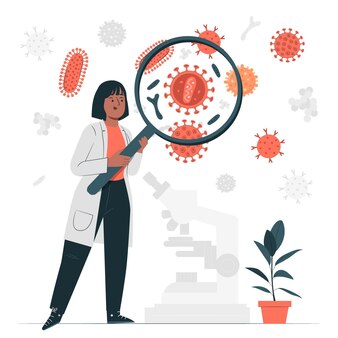Bacteria derived extracellular vesicles: potential protectors against HIV?
News Release, International Society of Microbiota, France – February 22, 2022

Vaginal microbiota dominated by lactobacilli protects women from sexually transmitted infection, in particular HIV-1. This protection is, in part, mediated by Lactobacillus-released extracellular vesicles (EVs).
In this study, Costantini et al, investigated whether EVs derived from other Gram-positive bacteria also present in healthy vaginas, in particular Staphylococcus aureus, Gardnerella vaginalis, Enterococcus faecium, and Enterococcus faecalis, can affect vaginal HIV-1 infection.
They reported that EVs released by these bacteria protect human cervico-vaginal tissues ex vivo and isolated cells from HIV-1 infection by inhibiting HIV-1-cell receptor interactions. This inhibition was associated with a diminished exposure of viral Env by steric hindrance of gp120 or gp120 modification evidenced by the failure of EV-treated virions to bind to nanoparticle-coupled anti-Env antibodies.
They also found that protein components associated with EV’s outer surface are critical for EV-mediated protection from HIV-1 infection since treatment of bacteria-released EVs with proteinase K abolished their anti-HIV-1 effect. We identified numerous EV-associated proteins that may be involved in this protection.
The identification of EVs with specific proteins that suppress HIV-1 may lead to the development of novel strategies for the prevention of HIV-1 transmission.
Explore the role of microbiota derived extracellular vesicles in health and in disease in Targeting Microbiota 2022, this October in France.
Image Source: Health vector created by storyset - www.freepik.com
Media contact:
Prisca Gebrayel
[email protected]
+33-1-5504-7755
Targeting Microbiota 2022 Congress
October 19-21, 2022 - Paris, France
www.microbiota-site.com


